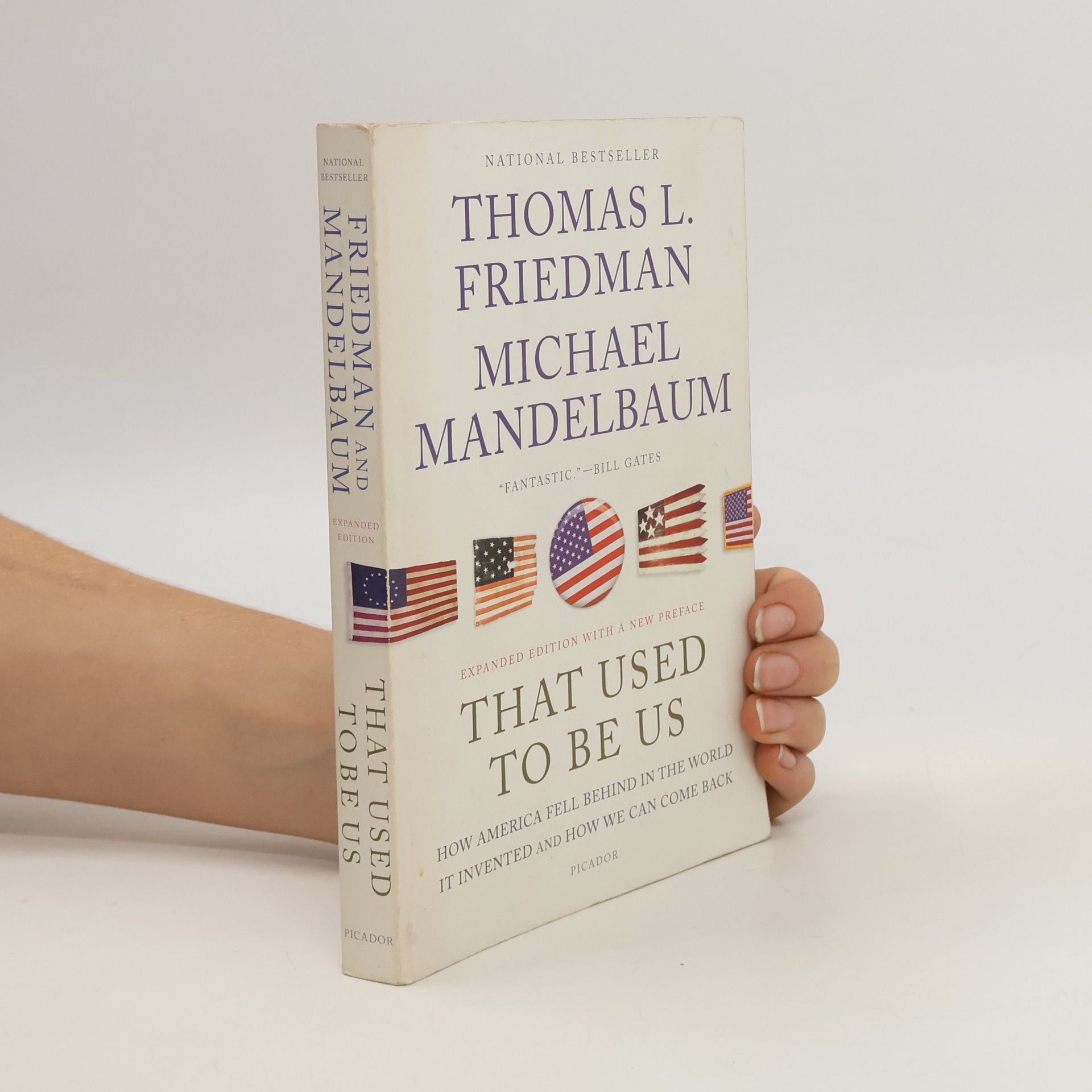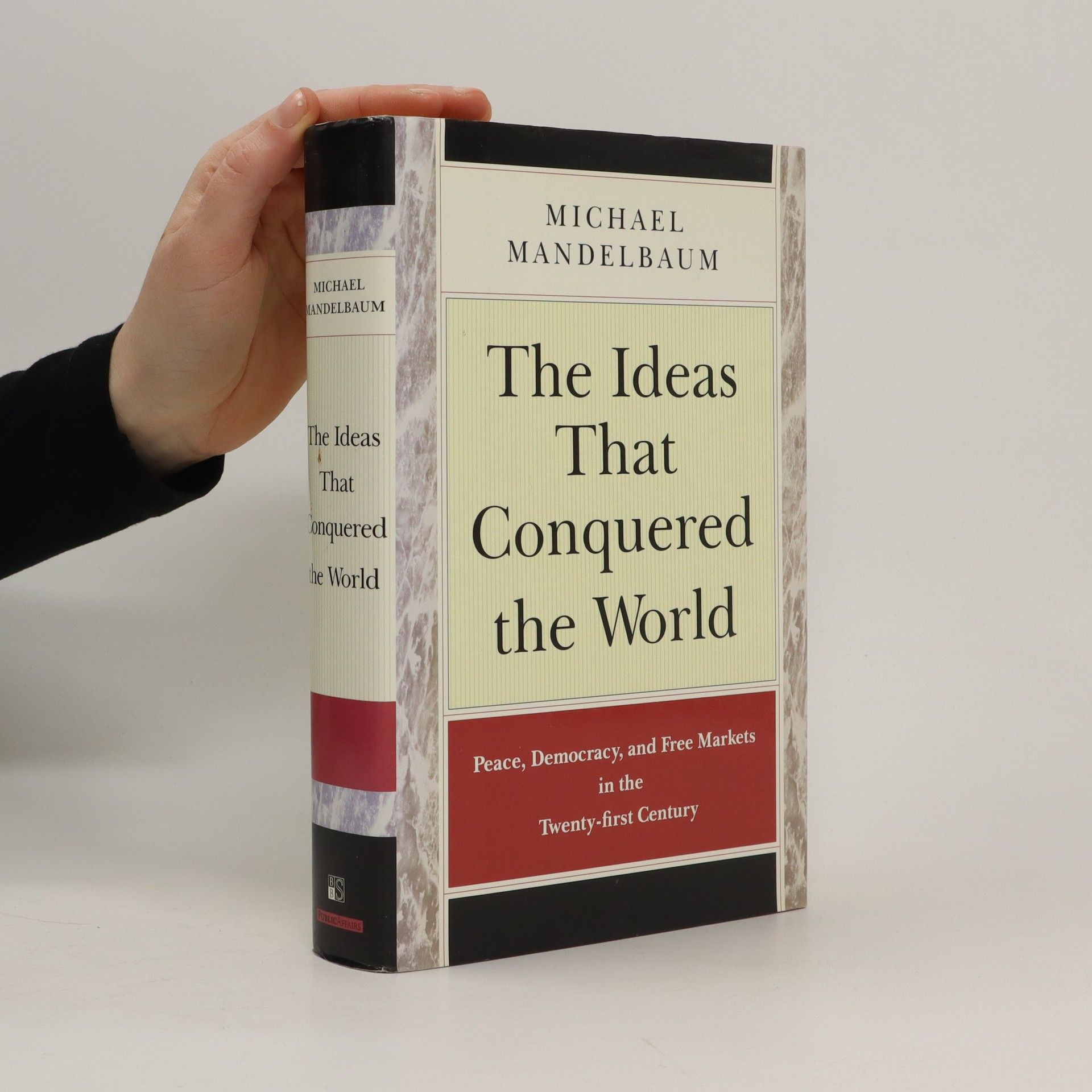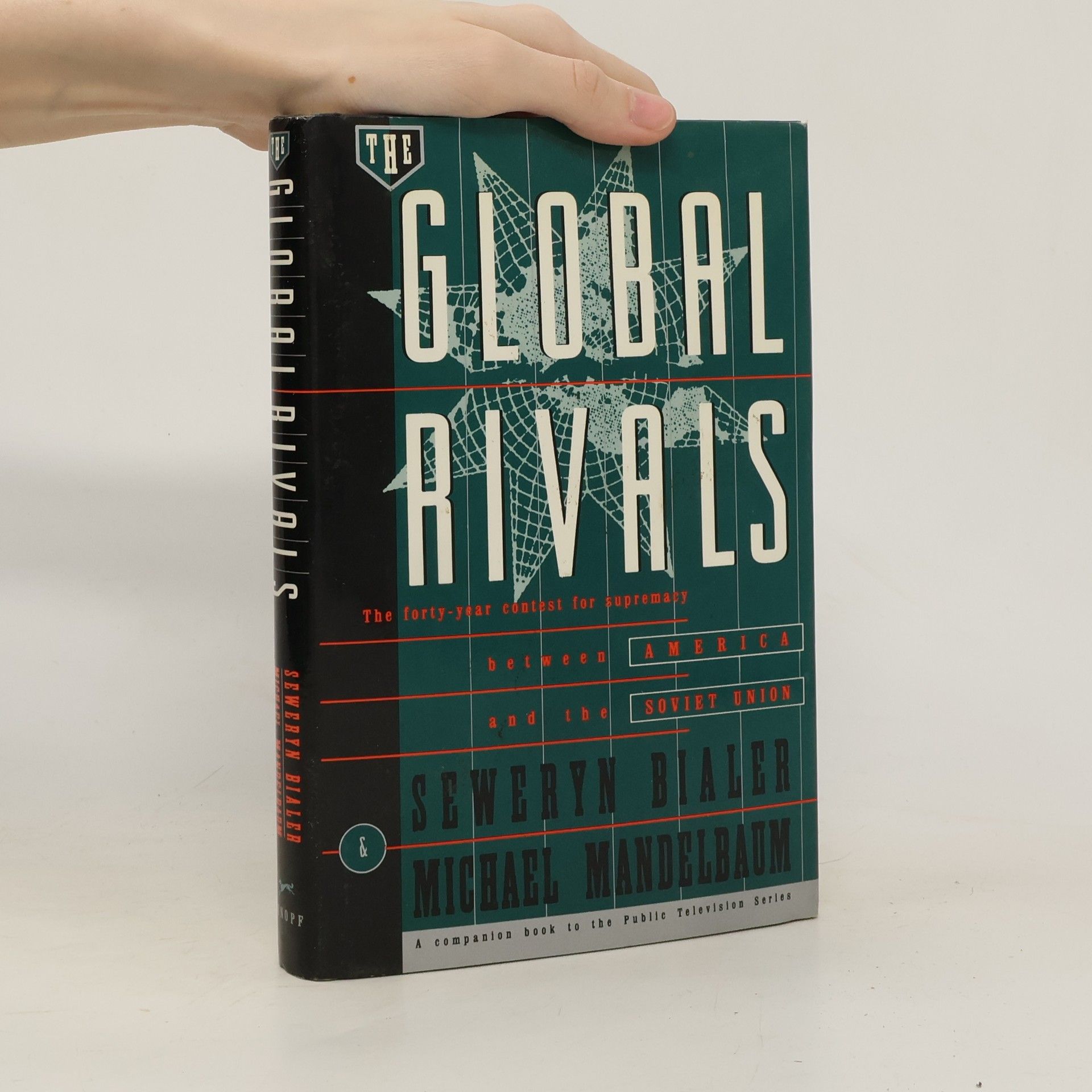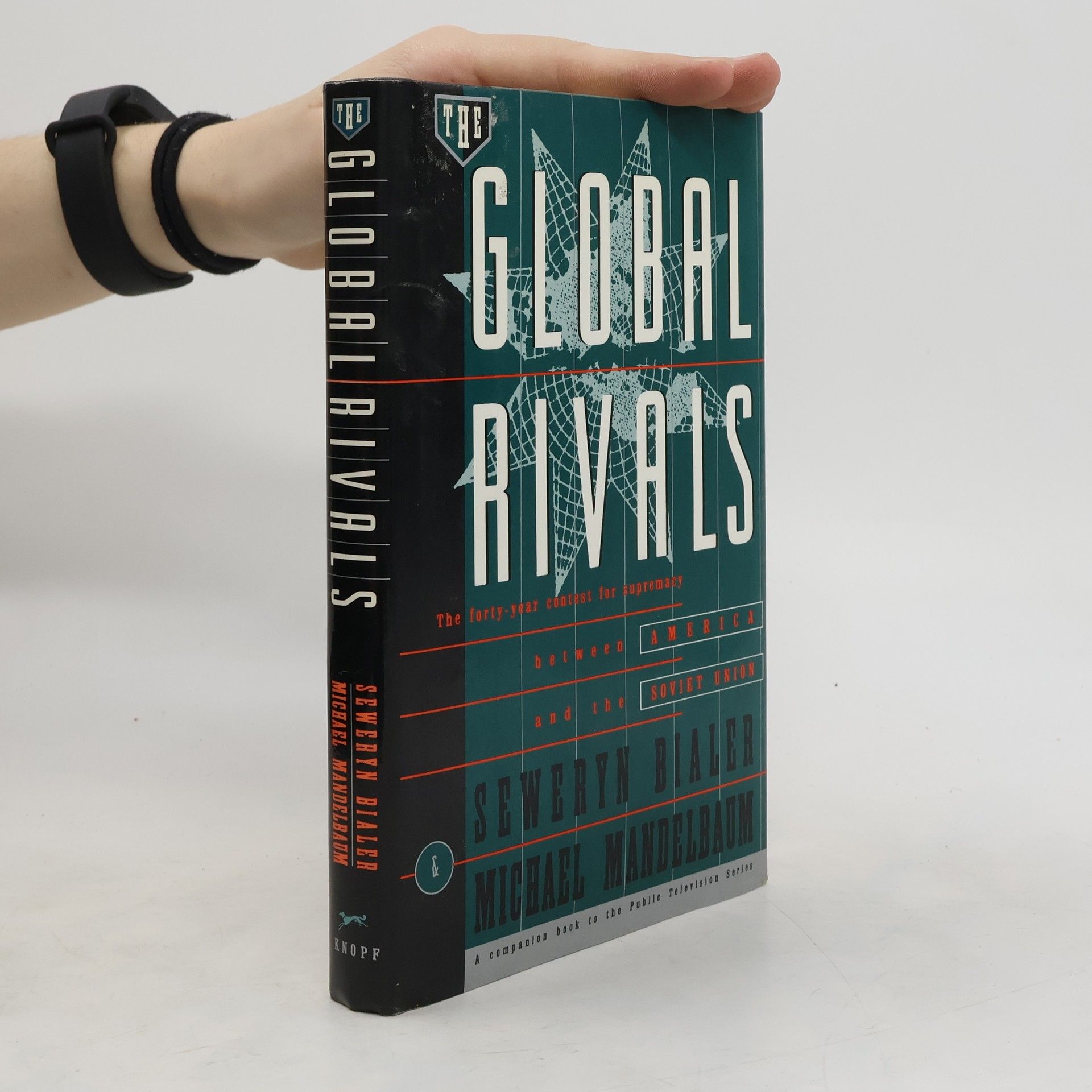The Titans of the Twentieth Century
How They Made History and the History They Made
- 352 pages
- 13 hours of reading
Focusing on influential political figures, the book offers an insightful examination of leaders such as Woodrow Wilson, Lenin, and Gandhi, who significantly shaped the twentieth century. Michael Mandelbaum highlights their political power, geopolitical impact, and lasting influence, providing a nuanced understanding of how these individuals molded contemporary society. Through their stories, readers gain a unique perspective on the political forces that defined the past century and set the stage for the future.








